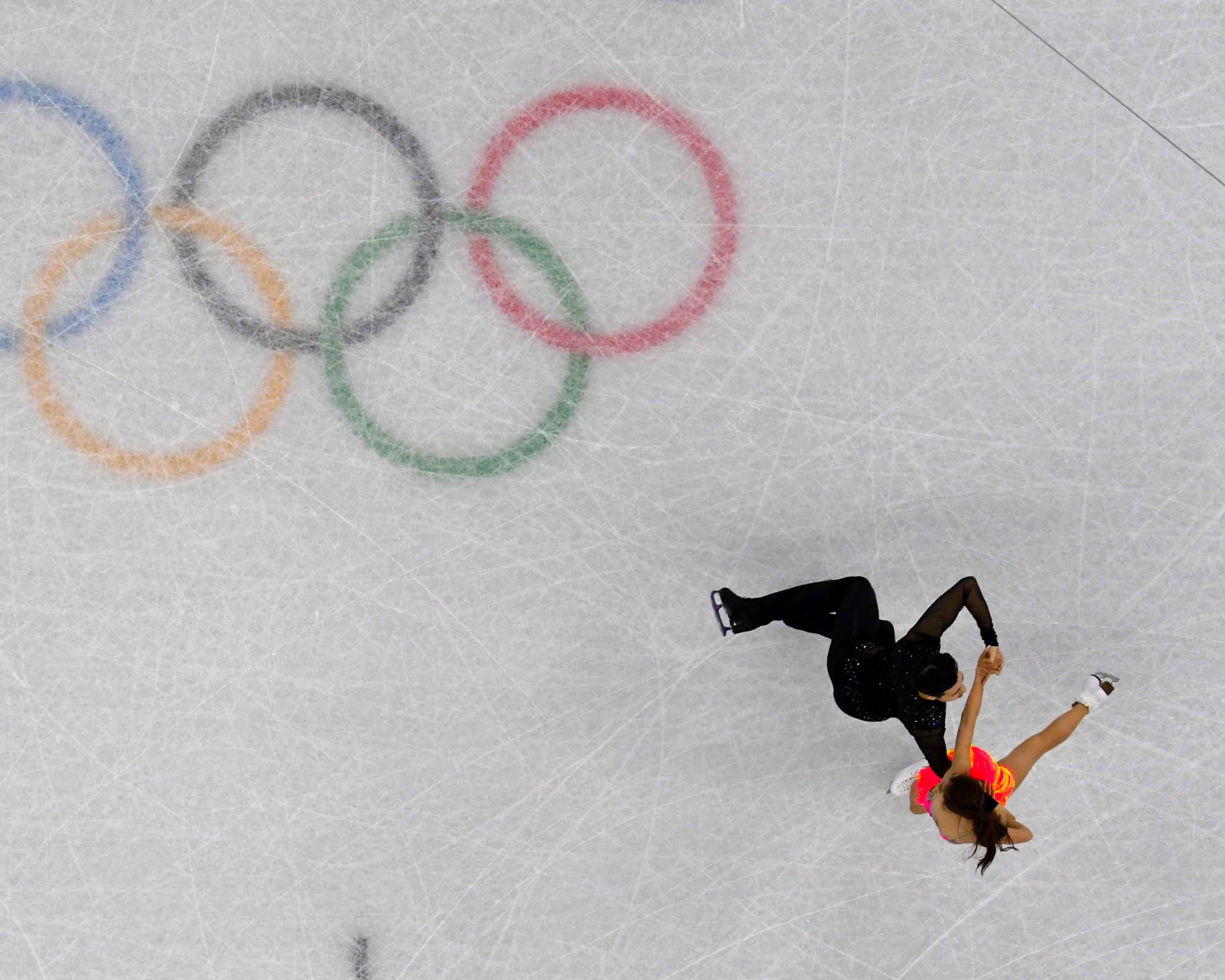Winter Olympics 2026: How Sweden’s political power vacuum threatens to deepen the IOC’s bidding crisis
Sweden’s political unrest has dampened interest in hosting the 2026 Games and leaves the IOC with the possibility of only one Winter Olympics bidder – Milan – for the first time in more than 44 years

Your support helps us to tell the story
From reproductive rights to climate change to Big Tech, The Independent is on the ground when the story is developing. Whether it's investigating the financials of Elon Musk's pro-Trump PAC or producing our latest documentary, 'The A Word', which shines a light on the American women fighting for reproductive rights, we know how important it is to parse out the facts from the messaging.
At such a critical moment in US history, we need reporters on the ground. Your donation allows us to keep sending journalists to speak to both sides of the story.
The Independent is trusted by Americans across the entire political spectrum. And unlike many other quality news outlets, we choose not to lock Americans out of our reporting and analysis with paywalls. We believe quality journalism should be available to everyone, paid for by those who can afford it.
Your support makes all the difference.A week after the people of Calgary voted to terminate their bid for the 2026 Winter Olympics, the International Olympic Committee is closely monitoring the political chaos which has unravelled in Sweden and the potential damage it is set to cause the already battered bidding process.
A Swedish general election in September created a hung parliament: the incumbent left-leaning Social Democrats (typically backed in rural areas and small towns, they have ruled in coalition with the Greens since 2014) and centre-right Moderates (with a stronghold in Stockholm) each won around 40 per cent of seats, while the emerging far-right Swedish Democrats won the majority of the remaining 20 per cent of seats, most of which were in the south where immigration has become a particularly divisive topic.
For the first time in history, the proposal for a new Swedish prime minister was rejected last week when the Moderates attempted to create a centre-right coalition with the minor Christian Democratic party. The result is a power vacuum, tentatively filled by the Social Democrats until a government can be formed.
One of the proposed coalition’s policies was to withdraw any taxpayer funding from Stockholm’s bid for the 2026 Winter Olympics, after so many recent Games bore a legacy of severe economic burden, limited social benefits and a raft of unsustainable facilities. That anti-bid policy has chimed with a wider feeling in the capital and what was previously ambivalence has developed into reluctance, with many of Stockholm’s citizens losing interest in hosting the Games at a time of such political and economic uncertainty.
The bid’s organisers have hit back, insisting a Stockholm Winter Olympics can go ahead without public funds. “Our bid is strong, our budget is strong, and it is 100 per cent privately financed — no taxpayer funds,” they said in a statement. “We believe this approach is tailor-made for the IOC’s new reality going forward. Stockholm 2026 will set new standards in every aspect of sustainability, not only for our Games, but for Winter Games thereafter.”

This week the bid organisers unveiled an array of shiny new ambassadors to back their cause, featuring 22 Swedish Olympians and Paralympians calling for the country to host the Winter Olympics for the very first time. “I think that the Swedish Olympic Committee’s view on sustainability is spot on,” said cross-country skier and nine-time Olympic medallist Charlotte Kalla. “We already have most of the venues, so we don’t need to build a lot of new arenas to host the Games.”
But they are fighting against the prevailing feeling both on the streets of Stockholm and in the corridors of the Riksdag. If the city does pull out of the 2026 running, it would be the latest damaging blow to the IOC: not since 1974 has a Winter Olympics had only one bidder (Lake Placid in the USA which hosted the 1980 Games), but that is a real possibility, with Milan the only other city left in the running after Calgary voted against their bid in a city-wide referendum a week ago. Calgarians followed the people of Sion, Switzerland, who had voted likewise in June, and the Austrian government which pulled the plug on Graz’s bid in July just as their own referendum was being mooted.
It is a problem the summer event is also suffering; once an honour fiercely fought for, with 11 bidders lined up to hold the 2004 Olympics, hosting the Olympics has become a treacherous financial undertaking. Only Paris and Los Angeles submitted bids for the 2024 and 2028 Games, and the two cities were awarded the respective two events by default.
The IOC has put a brave face on the situation, insisting it is “very comfortable” with the two remaining candidates, Stockholm and Milan. “In the end it only takes one city,” insisted executive director Christoph Dubi. Yet while that is ostensibly true, should only one be left it would be the most resounding signal yet that the Olympics is in crisis, and its bidding process is in desperate need of reform and reconstruction.
Join our commenting forum
Join thought-provoking conversations, follow other Independent readers and see their replies
Comments